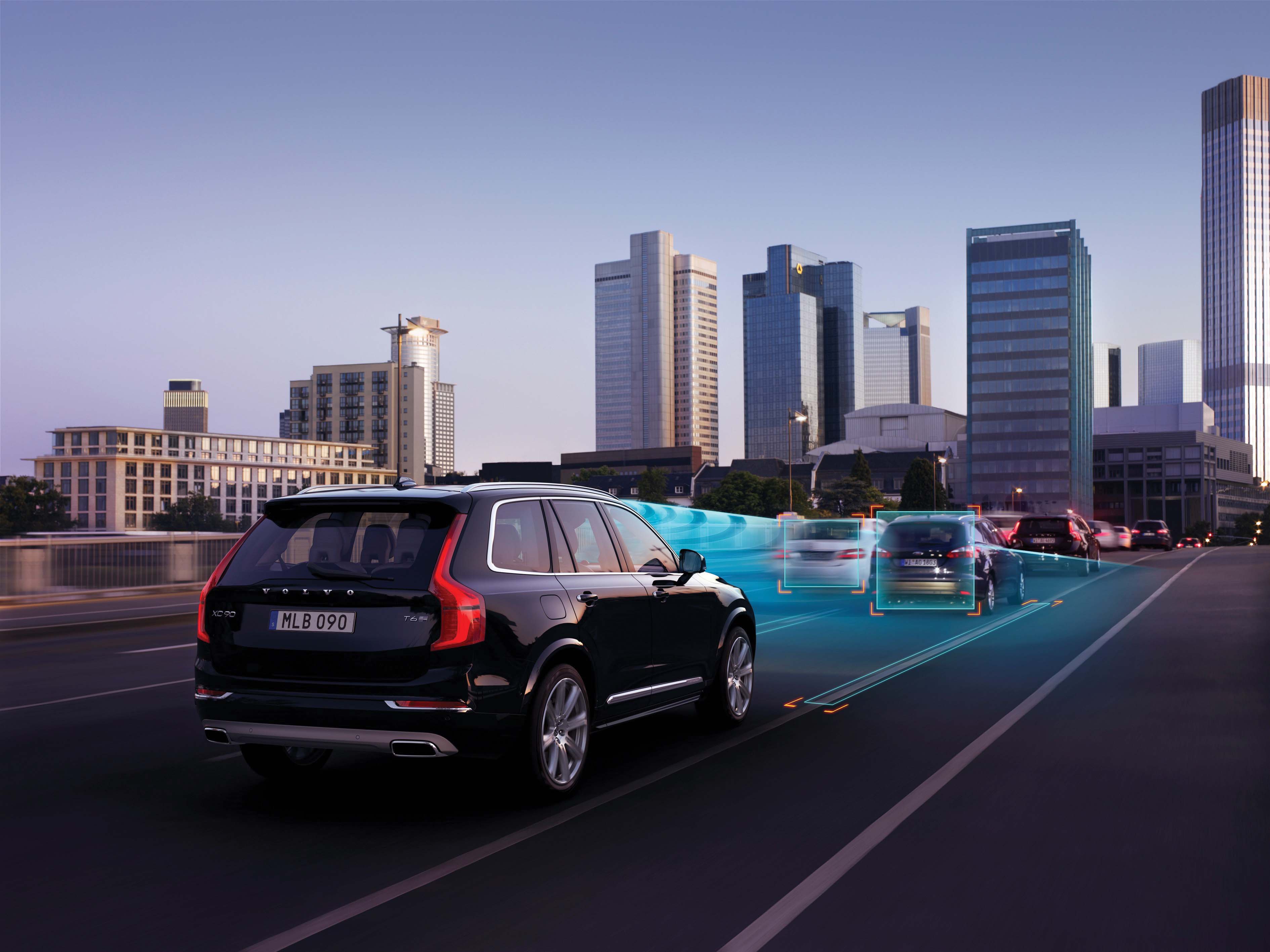The system uses radar and camera technology to scan the roadway ahead and, if a collision risk with a vehicle or pedestrian is detected, provides a warning to the driver. If the driver does not respond in time, the system can automatically apply up to full braking force to help reduce the severity of or even eliminate some frontal collisions.
According to Ford, pre-collision assist may help drivers avoid rear end collisions with other vehicles at all speeds, while pedestrian detection can help the driver avoid pedestrians at lower speeds and both may reduce the severity of forward collisions or even prevent certain forward collisions.
“This technology adds to the already impressive list of driver-assist technologies Ford customers benefit from today,” said Raj Nair, Ford group vice president, Global Product Development.
Ford warns that, while the new system may be especially helpful in unexpected situations, it does not replace the driver and has limitations including night, low and harsh lighting conditions, vehicles moving in a different direction and certain weather conditions.
Ford engineers tested the system on closed test tracks using rigs fitted with manikins to replicate pedestrians. They then spent months refining the technology on roads around the world to test system reliability.
“This real-world testing was an important part of the development, because pedestrians in an urban setting can present a wide range of potential situations,” said Scott Lindstrom, Ford manager, Driver Assist Technologies. “We covered more than 300,000 miles on three continents that included a wide range of settings and situations.”
Ford rolls out new driver assist system
Ford Motor Company is rolling out a new driver-assist system that can reduce the severity of or even eliminate some frontal collisions involving vehicles and pedestrians. Pre-collision assist with pedestrian detection will debut as available technology on the 2015 Ford Mondeo on sale in Europe this year. It will then roll out to other Ford and Lincoln products around the world.







